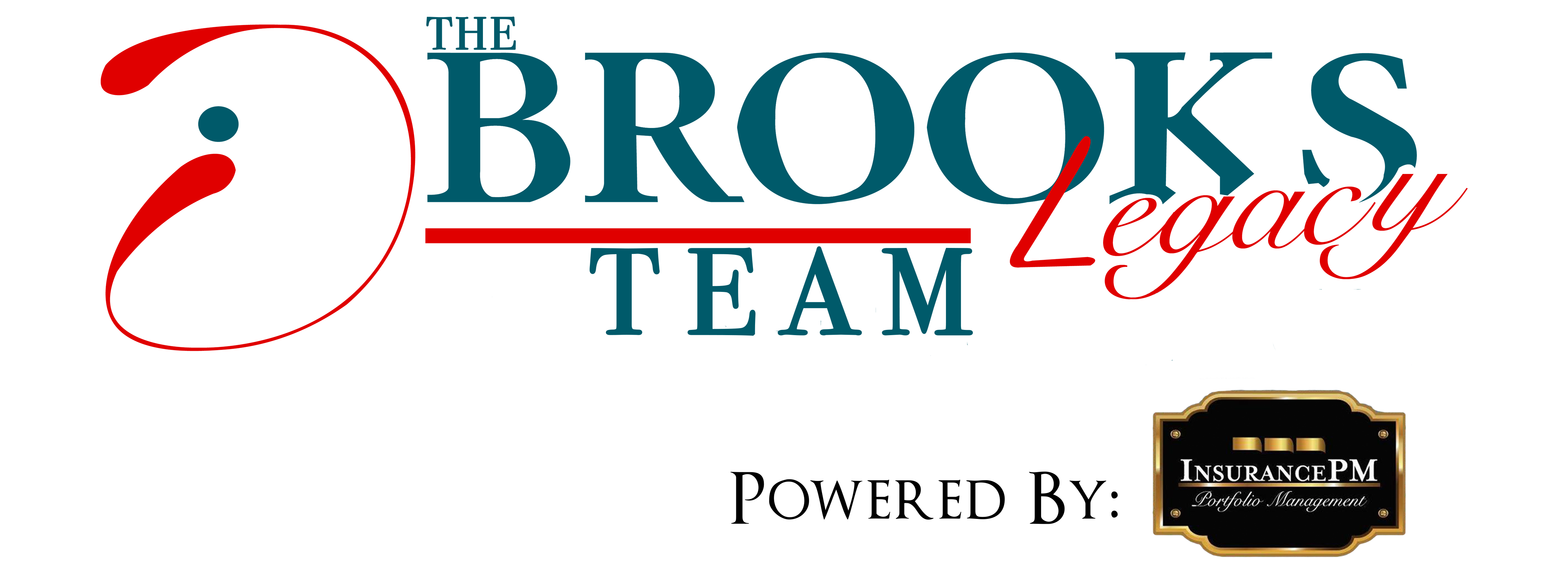Understanding IULs and the Impact of IRS Tax Code 7702 on Life Insurance Policies

When it comes to life insurance, it’s essential to understand the implications of the IRS tax code 7702. This tax code sets the guidelines for determining the tax status of whole, universal life, and other types of permanent life insurance policies. If a policy doesn’t meet the requirements of code 7702, individuals may be subject to taxes and penalties on loans and withdrawals made from the policy’s cash value.
What is IRS Tax Code 7702?
Section 7702 of the U.S. Internal Revenue Service (IRS) Tax Code defines what the federal government considers to be a legitimate life insurance contract. The proceeds of policies that do not meet the government’s definition are taxable as ordinary income. Section 7702 applies only to life insurance contracts issued after the year 1984.
Impact on Life Insurance Policies
Life insurance contracts have to pass one of two tests: the cash value accumulation test (CVAT) or the guideline premium and corridor test (GPT). If a life insurance policy fails to pass either of those tests, the income on the contract will be treated as ordinary income for that year and taxed accordingly. This means that the owner of the contract will lose the favorable tax treatment of a true life insurance policy.
Modified Endowment Contract (MEC)
A modified endowment contract (MEC) is a life insurance policy that fails to meet the requirements of tax code 7702. MECs are subject to different tax rules than non-MEC policies, including a 10% penalty tax on withdrawals made before age 59 1/2. If a policy is reclassified as a MEC because it fails to comply with section 7702, certain tax-free benefits on distributions are lost.
Recent Changes
The Consolidated Appropriations Act of 2021 made a change to Section 7702 that allows people to contribute more to their life insurance policies without triggering adverse tax consequences. This change impacts high-income earners seeking additional tax-savings strategies, as it allows them to use life insurance as a tool for tax planning.
Pros and Cons
While an MEC does not have the same tax advantages of a cash-value life insurance policy, it may still be suitable for individuals with specific estate planning goals. For instance, an MEC might be a good fit for those whose main intent is to pass on wealth tax-free rather than to supplement retirement. However, withdrawals or loans taken from the cash value could be subject to taxes and penalties—although the death benefit will remain intact.
In conclusion, understanding IRS Tax Code 7702 is crucial for individuals considering permanent life insurance policies, particularly indexed universal life (IUL) policies. It’s important to work closely with a qualified financial advisor or insurance agent to ensure that any life insurance policy complies with the requirements of Section 7702 and aligns with your overall financial goals.
This blog article provides an overview of IRS Tax Code 7702 and its impact on life insurance policies, particularly in the context of indexed universal life (IUL) policies. It highlights the importance of compliance with Section 7702 and the potential implications for policyholders.
Additionally, it discusses recent changes to the tax code and offers insights into the pros and cons of modified endowment contracts (MECs) in light of these regulations.
For more detailed information and personalized guidance, individuals are encouraged to consult with experienced financial professionals who can provide tailored advice based on their specific circumstances.
This article is based on information from reputable sources such as Forbes, Investopedia, Bankrate, and legal resources like Cornell Law School. It aims to provide readers with a comprehensive understanding of IRS Tax Code 7702 and its relevance to life insurance policies, particularly in relation to IULs.
By offering clear explanations, insights into recent changes, and practical considerations, this article equips readers with valuable knowledge that can inform their decision-making process when evaluating life insurance options in light of Section 7702 regulations.
For further information or assistance, readers are encouraged to seek guidance from qualified financial advisors or insurance professionals who can provide personalized recommendations based on their individual needs and financial objectives.
This blog article is intended for informational purposes only and should not be construed as legal or financial advice. Readers are advised to consult with licensed professionals for guidance tailored to their specific circumstances.
If you have any further questions or need additional information on this topic, please feel free to reach out.
